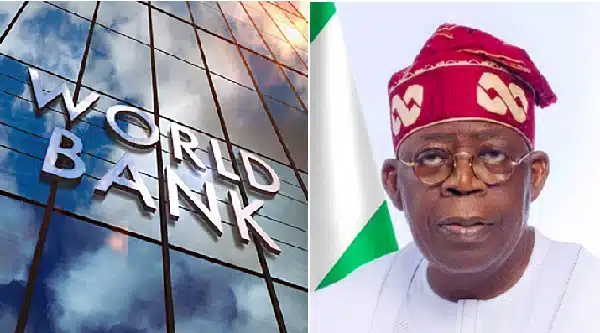The World Bank has approved a significant $1.08 billion loan to support Nigeria’s initiatives in education, nutrition, and economic resilience. This financial package is designed to bolster key sectors critical to Nigeria’s long-term development and stability.
Breakdown of the Loan
The funding is divided among three major projects, each addressing essential areas for national growth:
- Nigeria Human Capital for Opportunities and Empowerment (HOPE) Project – $700 million
The HOPE project focuses on enhancing primary healthcare, nutrition, and education, particularly for underprivileged communities.
A significant portion of the funds will go towards reducing child malnutrition and improving school enrollment, particularly for young girls.
- Nigeria’s Adolescent Girls Initiative for Learning and Empowerment (AGILE) Project – Additional Financing of $500 million
This initiative is aimed at increasing access to secondary education for adolescent girls.
The funds will be used for building new schools, providing scholarships, and implementing skills training programs to empower young girls across Nigeria.
- Nigeria’s Accelerating Resource Mobilization Reforms (ARMOR) Program-for-Results – $280 million
ARMOR seeks to improve Nigeria’s tax collection and fiscal policies, thereby increasing government revenue.
The program focuses on enhancing the efficiency of tax administration and broadening the country’s economic base to reduce dependency on oil revenues.
Implications for Nigeria
The approval of this loan comes at a time when Nigeria is working to address critical challenges such as low school enrollment, malnutrition, and economic instability. President Bola Tinubu’s administration has been pushing for reforms aimed at boosting human capital development, and this financial support aligns with those efforts.
Despite the positive outlook, concerns about Nigeria’s rising debt burden remain. The country has faced challenges in managing its external debt, and questions have been raised about how effectively these funds will be utilized to generate long-term benefits.
Conclusion
The World Bank’s $1.08 billion loan presents a significant opportunity for Nigeria to enhance its education sector, improve nutrition, and strengthen economic resilience. If properly implemented, these projects could play a transformative role in uplifting millions of Nigerians and securing the nation’s economic future. However, transparent and effective management of these funds will be crucial to ensuring the success of these initiatives and minimizing the risks associated with increased borrowing.
As Nigeria moves forward with these projects, all eyes will be on the government’s ability to implement reforms efficiently and ensure that the benefits reach the intended population.








Leave a Reply